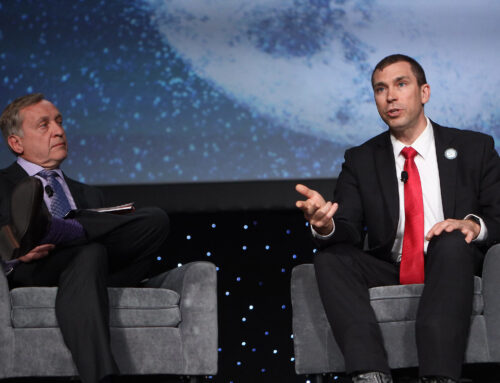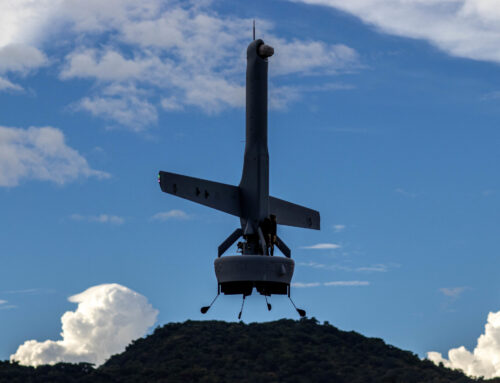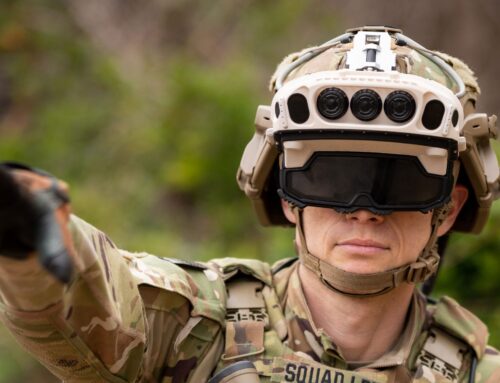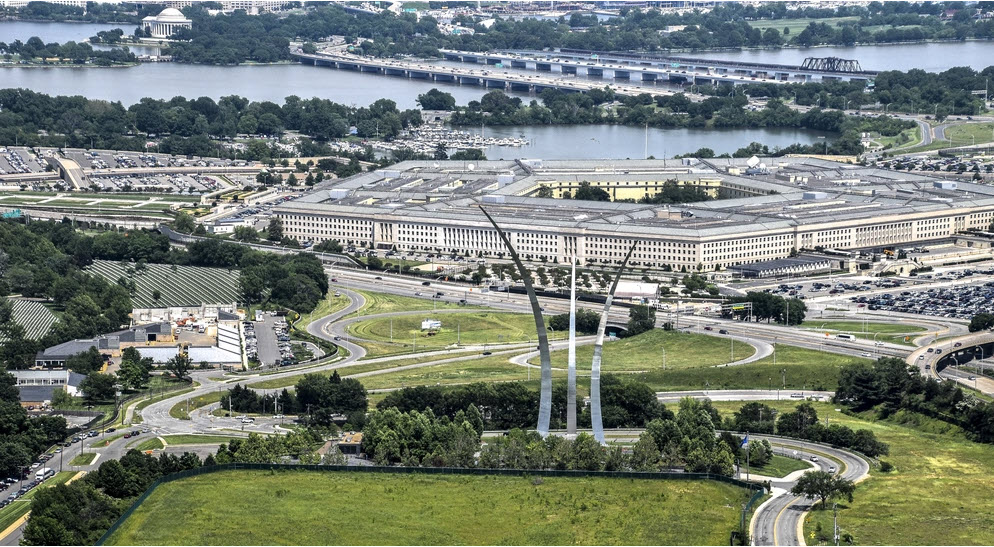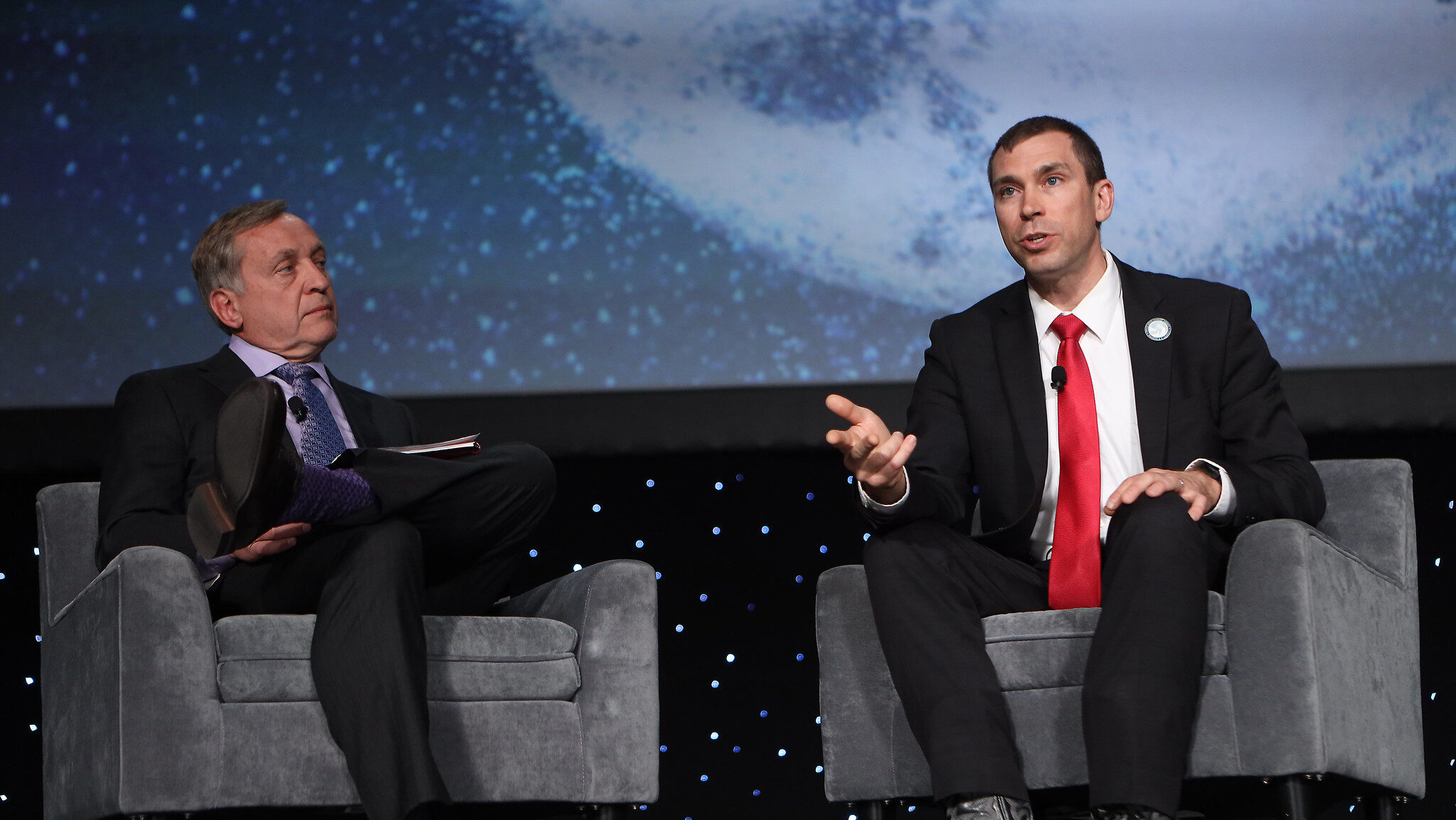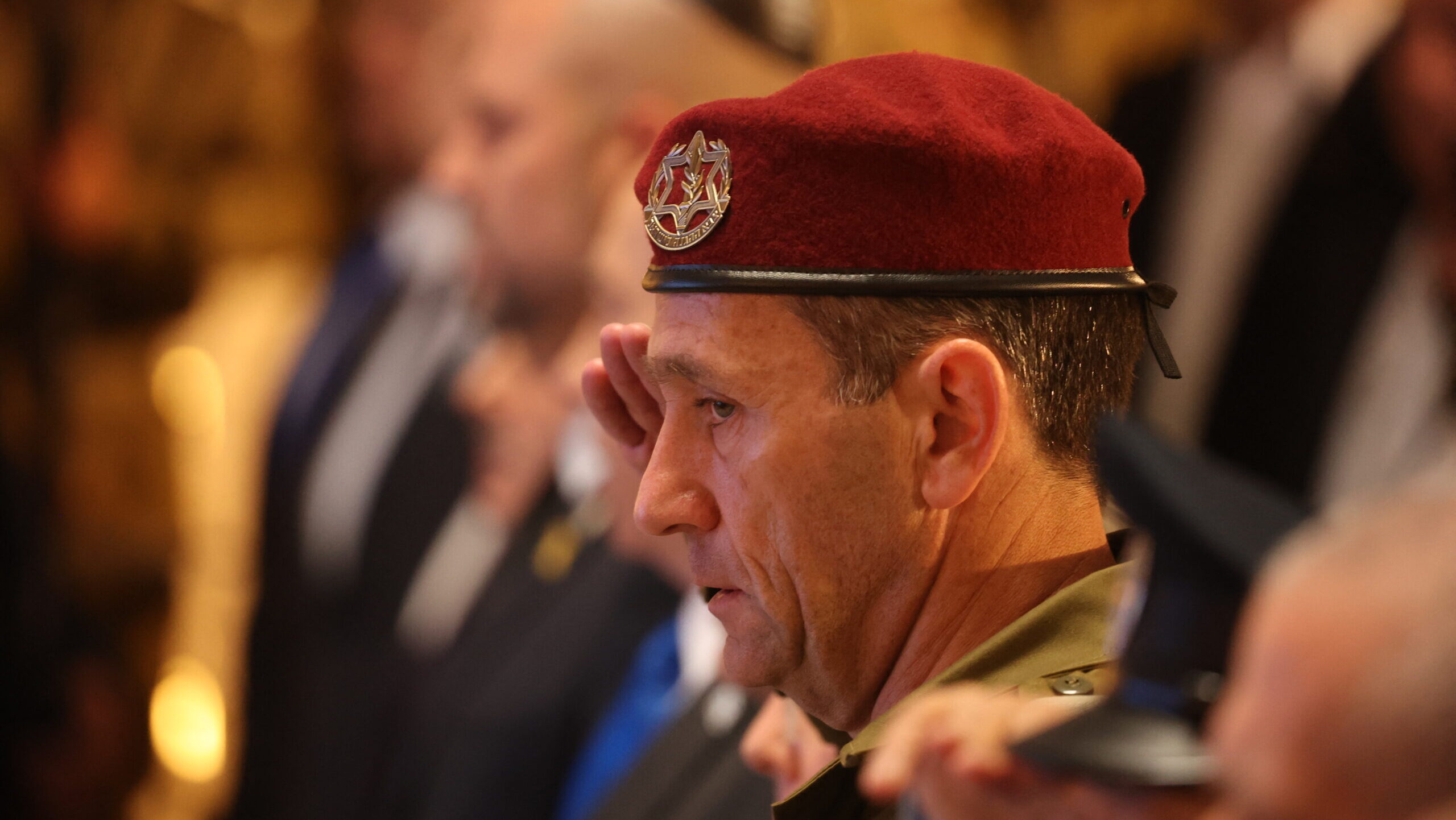
Incoming President Donald Trump takes the stage during a campaign rally at the Santander Arena on November 04, 2024 in Reading, Pennsylvania. (Chip Somodevilla/Getty Images)
WASHINGTON — As Donald Trump takes the office of the president, uncertainty is hanging over the Pentagon.
With Pete Hegseth, Trump’s pick for defense secretary, still working through the Senate confirmation process, there is no clarity on who will lead the department starting today. And at the service level, the case is the same, with sources indicating that the uniformed chiefs of the military branches themselves may end up filling the role of their civilian leadership for an unknown amount of time.
It has been traditional for some holdovers from the previous administration to be asked to stay and fill gaps. When Trump took over in 2017, for instance, then-Deputy Secretary of Defense Bob Work was asked to stay in place, and he held that role for the first six months of the Trump term. In 2021, then-deputy secretary David Norquist stayed on for a month to transition to the President Joe Biden team, and the three services were led by the comptrollers held over from the Trump team until officials were confirmed.
Minutes after Trump was officially sworn in, a request to the Pentagon to identify who is the acting leader of the US military was directed to the White House.
As of 10:00 am, the situation with the services was also uncertain. The Army said no one has been announced as its acting secretary, while the Navy said it had no comment on who is running the service. The Air Force told Breaking Defense on Friday that the service had not yet received guidance from the transition team and did not reply with any updates about new guidance by press time Monday.
A new day at the Pentagon. pic.twitter.com/MeulqffZAv
— Idrees Ali (@idreesali114) January 20, 2025
One military source said that transition team members working with the Army have been focused on “lethality” and have been very “technology minded.”
“They’ve been very easy to work with and inviting to the ideas and approaches we’ve had,” the source added.
Now the defense community waits to see if Trump will act on calls from supporters — including Hegseth — to remove top general officers. Among the names being closely watched are Chairman of the Joint Chiefs of Staff Gen. CQ Brown.
In an unprecedented move, Brown’s predecessor, Gen. Mark Milley, today was given a preemptive pardon by Biden hours before leaving the White House to prevent him from being targeted for retribution once Trump took office. Milley, Trump’s choice for chairman, has emerged as a major critic of the new president.
“My family and I are deeply grateful for the President’s action today. After forty-three years of faithful service in uniform to our Nation, protecting and defending the Constitution, I do not wish to spend whatever remaining time the Lord grants me fighting those who unjustly might seek retribution for perceived slights,” Milley said in a statement, according to NBC. “I do not want to put my family, my friends, and those with whom I served through the resulting distraction, expense, and anxiety.”
Nominee Status
It is hardly unusual for nominees to take time getting to the Pentagon, although there is usually a push to get the defense secretary confirmed as quickly as possible to ensure continuity. For example, Jim Mattis was confirmed as defense secretary the same day as Trump’s first inauguration, with Lloyd Austin confirmed just two days after Biden took office.
Hegseth, a Fox News analyst and one of Trump’s first cabinet picks, appeared before the Senate Armed Services Committee last week for his confirmation hearing and could be in place at the Pentagon within days. According to SASC chairman Sen. Roger Wicker, R-Miss., Hegseth will get a vote today out of the committee and likely a full vote in the whole Senate by the end of the week.
It is expected Hegseth will be confirmed among purely partisan lines — a rare sight for a defense secretary nominee, who usually achieves an easy bipartisan vote.
After Hegseth will come a series of hearings for other nominees. The first up appears to be Daniel Driscoll, an adviser to Vice President-elect JD Vance, to lead the Army in its top civilian spot. He is slated to appear before the Senate Armed Services Committee on Jan. 23 for his confirmation hearing, a first step to getting that vote.
Hearings have not been announced for any of the other top defense nominees:
- John Phelan, a prominent financier and campaign donor, was announced as Trump’s pick to become Navy secretary on Nov. 27.
- Troy Meink, currently the National Reconnaissance Office’s no. 2 official, was announced as the nominee for the Air Force secretary role on Jan 16. The following day, Trump revealed that Matthew Lohmeier, a former lieutenant colonel in the Space Force fired from command in 2021.
- Stephen Feinberg, a billionaire investor and co-founder of private equity firm Cerberus Capital Management, has been nominated as the Deputy Secretary of Defense.
- Elbridge Colby, a well-known Washington voice on national security affairs who helped write the first Trump National Defense Strategy, was nominated as DoD undersecretary for policy.
- Michael Duffey, who served in several roles including at the Office of Management and Budget (OMB) during the first Trump administration, was nominated as undersecretary for acquisitions and sustainment.
- Emil Michael, a former Uber executive who led the company’s expansion into Russia and China, was tapped to be undersecretary for research and engineering.
- Keith Bass, a retired Navy commander, was nominated as assistant secretary of defense for health affairs
While not an official DoD position, Monday also brought news that Vivek Ramaswamy would not be co-running the DOGE effort with Elon Musk after all. Instead, Ramaswamy will be launching a bid for governor of Ohio, according to Politico. DOGE has been closely watched by the defense community, as it has been tasked to advise the Trump administration on how to cut significant chunks of the federal budget.
By Ashley Roque, Michael Marrow, Justin Katz and Aaron Mehta




